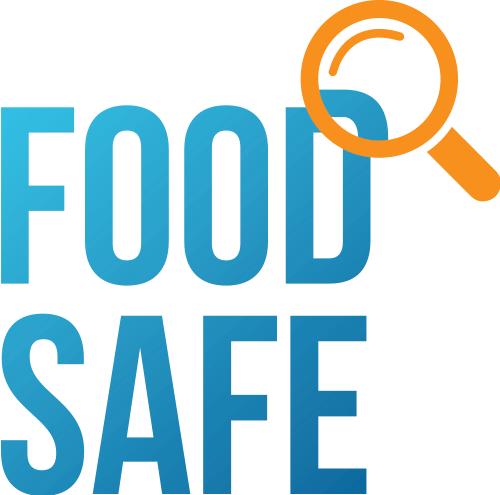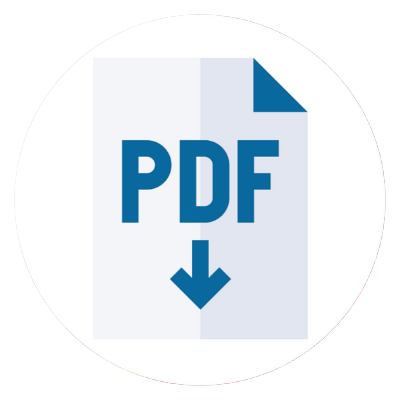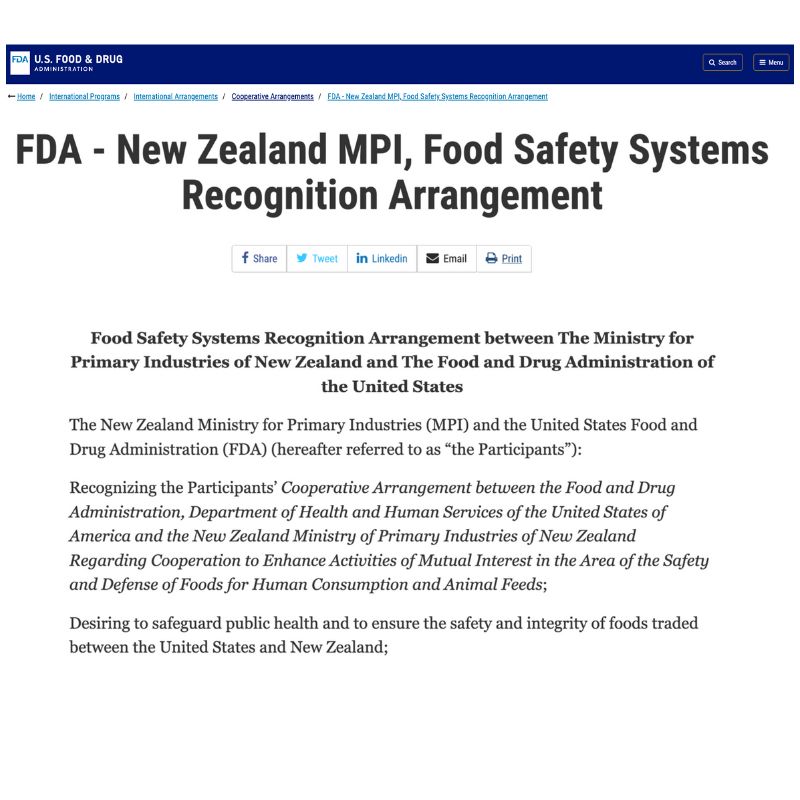This course is for processing operators, QA officers and food safety auditors. Our training will guide you in mastering essential industry practices and meeting compliance standards.
Course Cost: POA
About our Poultry and Egg Products Processing Course
This program provides an in-depth understanding of the critical safety measures, quality standards, and regulatory requirements involved in egg processing. The course is designed to equip professionals with the skills to ensure the highest level of food safety and product quality throughout the egg processing lifecycle.
This training is ideal for processing operators, QA officers and food safety auditors, and will guide learners with mastering essential industry practices and meeting compliance standards.
- Course duration: 1 day
- Course options: Basic and Advanced
- Delivery: LIVE Online via Zoom (on-site on demand)
- Training by: Qualified ISO 22000 & 9001 Lead Food Safety Auditor
- Approach: Visualised, show-me-how videos and a fun style of learning
Learners gain:
✅ A Poultry & Egg Processing Training Certificate
Our training meets:
✅ MPI Requirements and
✅ FSANZ, FDA and Codex Requirements
Course Topics – Basic
- Egg Processing Best Practices: Understand the key stages of egg processing, from receiving and sorting to pasteurization and packaging.
- Food Safety Regulations: Gain knowledge of local and international food safety regulations, including HACCP and FSMA standards.
- Salmonella & Pathogen Prevention Techniques: Learn methods to prevent contamination, focusing on Salmonella and other foodborne pathogens.
- Quality Assurance in Egg Processing: Discover how to maintain product quality and perform thorough inspections at every stage of processing.
- Sanitation and Hygiene Practices: Master cleaning and sanitation protocols to ensure a safe, contamination-free processing environment.
- Troubleshooting Common Issues: Identify common challenges in egg processing and learn how to resolve them effectively.
- Regulatory Compliance and Auditing: Learn how to conduct food safety audits and ensure compliance with industry standards and government regulations.
- Emergency Response and Recall Procedures: Understand the steps to take in case of contamination or product recalls to protect public health and maintain trust.
This training will prepare you to take action with proven techniques and the latest knowledge to safeguard egg products from farm to table.
Advanced HACCP Level 5 NZQA 28265 – Risk Management Programme RMP – For Egg & Poultry Processing:
- Good Operating Practice – GMP & Good Agricultural Practice – GAP to and Regulatory (MPI) and Global Export Standard
- Knowledge of HACCP principles, other elements, and factors to achieve food safety in a food processing operation.
- 12 Codex Alimentarius Steps, including the seven principles of HACCP
- The steps involved in developing an RMP HACCP plan for a farm & implementation
- Knowledge of the types & sources of hazards & their controls
- Food safety hazards MCPAN+ (Physical, Chemical & Allergenic, Labelling & Regulatory). Microbiological risks (Pathogenic bacteria, toxins, and moulds associated with poultry, including Salmonella Enteritidis in eggs).
- Knowledge of the RMP verification and review process. Corrective Action & Preventive Action – CAPA
- The knowledge of how to present and justify an RMP HACCP plan that has been developed and implemented to a regulator, such as MPI
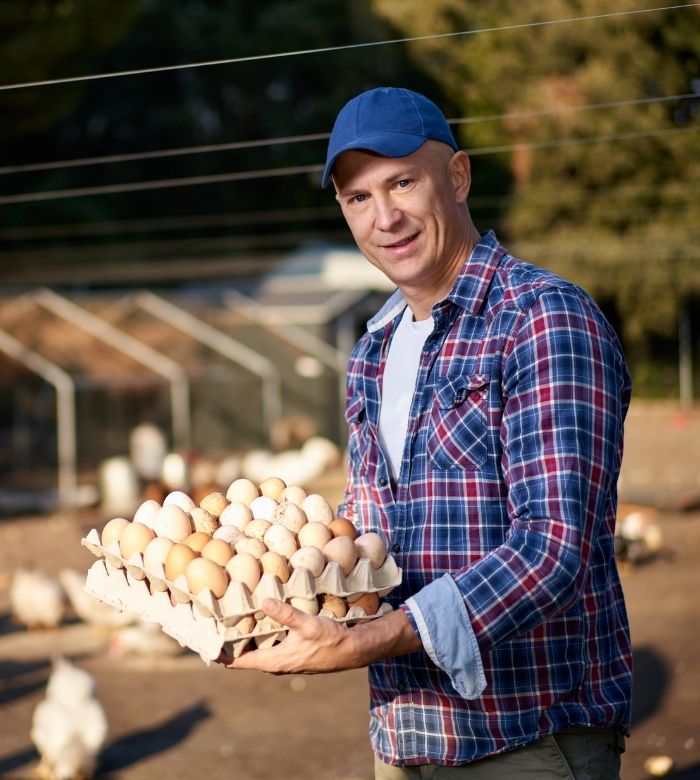
Course Topics – Advanced
The advanced course includes basic training topics plus the advanced topics below.
- History and process of pasteurization
- Introduction to food microbiology & Current GMP
- FSMS & Hazard controls (MCPAN+)
- Overview of pasteurization verification (HACCP)
- Cleaning, sanitation & hygiene requirements
- Codex Alimentarius and/or Provincial Industry Regulation /Codes
- Pasteurization of Product (LTLT) – Liquid egg processing
- Types of pasteurization equipment, purpose, Time Temperature Table: TTHT
- Operator responsibilities & record keeping
Technical topics available include:
- Piping and Instrumentation Diagrams P & ID
- Schematic for Vat, Tubular, or Plate Heat Exchangers.
- Fundamental of Clean-in-Place CIP, Clean-Out-of-Place COP, and Sterilization-in-Place SIP procedures
- Cleaning protocols to address upper limit parameters or worst-case, high-stress testing situations that could potentially lead to microbiological contamination
- The crucial importance of incorporating resilience and anticipating various scenarios
Suitable for
- Processing operators
- QA & QC teams
- Senior operators, team leaders & supervisors
- Food Safety Auditors and Verifiers
- Business owners
- Career development
About your trainer
The course programme is delivered by Food Safe’s Managing Director, Lead-trainer & Food Safety Expert, Keith Michael who holds:
- A Masters Degree in Operations Management
- Technical Food Processing, Food Safety, and Audit Competencies
- Dairy Manufacturing: Technical & Specialised Operations
- Certificate in Company Direction from the Institute of Directors (IOD), New Zealand
Keith has presented papers at Food Safety Conferences and brings this cross-sector learning into training.
Keith has many years of experience as a company director where he has assisted companies with Food Safety Compliance, Risk Audit, and closing of gaps identified with smart purpose-built competency training.
View Keith’s profile on LinkedIn.

About Food Safe
Food Safe Ltd is Accredited by the New Zealand Government + is a Category 1 NZQA-Registered PTE. Training complies with the Food Safety Bylaws and Verifier Audits right across New Zealand.
Our food safety training is trusted by both well known New Zealand and Global food companies and heaps of small teams too!
Food Safe’s advisory committee includes leading university microbiology experts, operations, quality and compliance managers, and governance experts. For even more information about Food Safe and the companies we work with, click here
Why Choose us for your Training?
- Complements compliance requirements
- Is simplified and visual, and supportive of implementing learning back on-job
- Is delivered by a trained ISO 9001 & 22000 lead auditor
- Is delivered by a trainer with first-hand knowledge and experience in high compliance operations where Food Safe also operates, such as the dairy sector
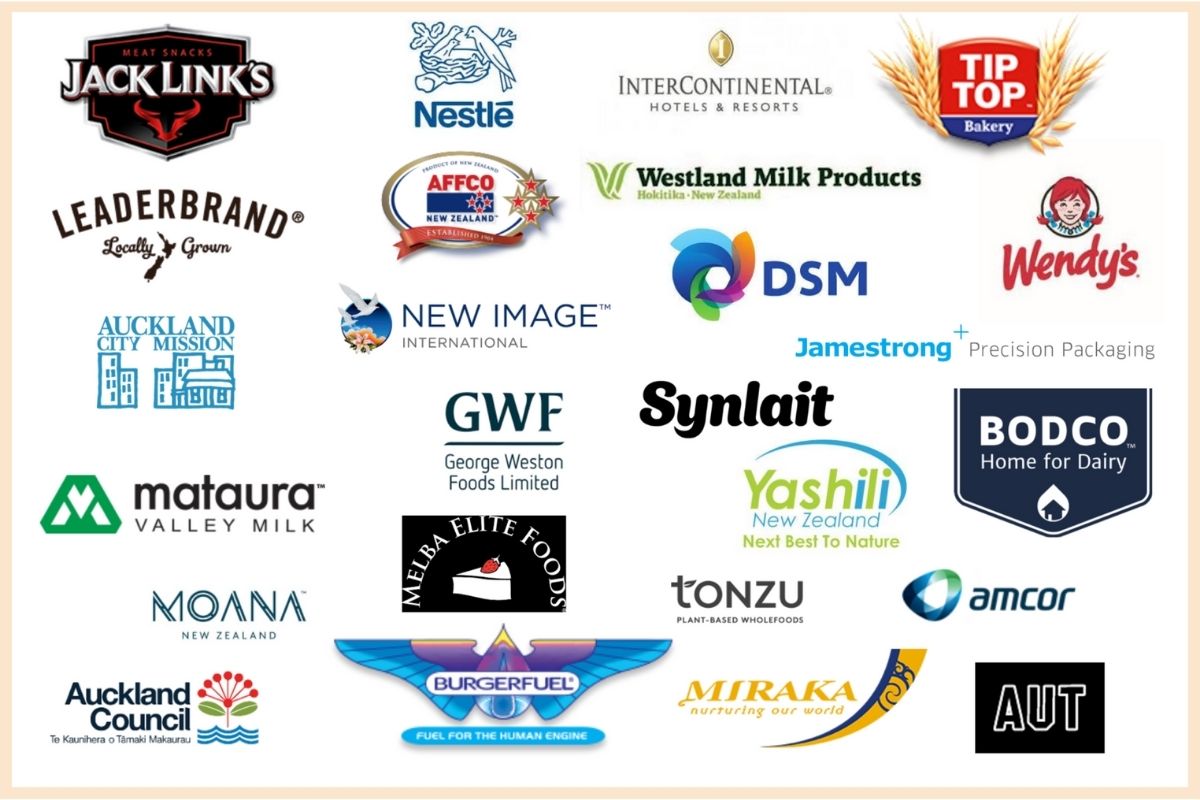
FAQs
What is the process for egg pasteurization?
Egg pasteurization is the process of heating eggs to a specific temperature (usually around 140°F or 60°C) for a set period of time to kill harmful bacteria, like Salmonella, without cooking the egg. This ensures the eggs are safe for consumption, especially in recipes that require raw or undercooked eggs, such as mayonnaise or salad dressings.
How are eggs processed for commercial use?
Egg processing involves several steps, including receiving eggs, sorting by size and quality, washing, sanitizing, pasteurizing, and packaging. During processing, eggs are inspected for cracks, cleaned to remove contaminants, and often pasteurized to reduce food safety risks. After processing, eggs are stored and transported under controlled conditions to maintain freshness and safety.
What are the key food safety regulations for egg processing?
Egg processing must adhere to several food safety regulations, such as those set by the FDA, USDA, and local health authorities. Key regulations include proper handling and storage of eggs, maintaining temperature controls, sanitation practices, and regular food safety audits. HACCP (Hazard Analysis Critical Control Points) is a widely used system in the industry to ensure the safety of egg products by identifying and controlling potential hazards during processing.
How do you prevent Salmonella in egg processing?
Preventing Salmonella in egg processing requires a combination of practices, including:
-
Pasteurization: Heat treatment kills pathogens without cooking the egg.
-
Proper Handling: Avoid cross-contamination by maintaining clean equipment, surfaces, and utensils.
-
Temperature Control: Store eggs at the correct temperatures (under 45°F or 7°C).
-
Hygiene: Regular hand washing and sanitation procedures throughout the processing plant.
Why is HACCP important in egg processing?
HACCP (Hazard Analysis Critical Control Point) is a preventive food safety system used to identify, evaluate, and control food safety hazards. In egg processing, HACCP helps identify critical control points where contamination risks (e.g., Salmonella) could occur, ensuring appropriate steps are taken to prevent or eliminate risks. Adopting HACCP ensures compliance with food safety regulations and guarantees the safety of egg products for consumers.
What is the difference between organic and conventional egg processing?
The main difference between organic and conventional egg processing lies in the production methods. Organic eggs come from hens raised on certified organic farms, where they are given organic feed, have access to outdoor spaces, and are not treated with antibiotics or synthetic hormones. Conventional eggs are typically produced in larger-scale, non-organic facilities, where hens may have limited space and may be treated with antibiotics. Both organic and conventional eggs undergo similar processing for food safety, including washing, pasteurization, and packaging.
How do you ensure the quality of egg products?
Ensuring the quality of egg products involves several steps:
-
Visual Inspection: Eggs are checked for cracks, defects, or damage.
-
Quality Grading: Eggs are graded based on size, shell quality, and interior condition.
-
Testing for Contaminants: Regular testing for Salmonella and other pathogens is conducted.
-
Proper Storage: Eggs must be stored at the correct temperature and humidity to maintain freshness and prevent spoilage.
-
Traceability: Ensuring traceability throughout the supply chain allows quick action in case of quality concerns or recalls.
What are the benefits of egg processing for manufacturers?
Egg processing provides numerous benefits for manufacturers, including:
-
Extended Shelf Life: Processed eggs (e.g., liquid, dried, or pasteurized) have a longer shelf life than raw eggs.
-
Food Safety Assurance: Through pasteurization and HACCP systems, processed eggs are safer and less likely to carry harmful pathogens.
-
Consistency: Processed eggs provide consistent quality, size, and texture, making them ideal for food manufacturers and restaurants.
-
Convenience: Processed eggs in liquid or powdered form offer convenience and efficiency in food preparation.
How are liquid egg products made and processed?
Liquid egg products are made by breaking eggs and separating the whites and yolks. The eggs are then pasteurized to kill any harmful bacteria, mixed, and homogenized to ensure consistency. These products can be packaged as whole eggs, egg whites, or egg yolks in liquid form. Liquid egg products are commonly used in food manufacturing, bakeries, and restaurants for ease of use and efficiency.
What are the most common challenges in egg processing?
Common challenges in egg processing include:
-
Contamination: Ensuring eggs are free from pathogens like Salmonella during all stages of processing.
-
Equipment Maintenance: Keeping processing equipment, such as pasteurizers and egg washers, in optimal working condition.
-
Regulatory Compliance: Staying up-to-date with changing food safety regulations and maintaining certifications.
-
Product Quality: Maintaining consistent egg quality and meeting the demands of different customers, including food manufacturers and consumers.
120
1000
100
How we work with companies
HOW IT WORKS
Companies we work with





























Ministry for Primary Industries – MPI Notices & Codes of Practice COP
Code of Practice
Egg Producers Federation of New Zealand – Code of Practice
For New Zealand operators only
Good Operating Practice – MPI
Egg Processing Good Operating Practice – Concentration and Drying Hurdle Technology, Smokin, Acidification, and High Pressure Processing
Peer-Reviewed Source: MPI
Risk Management Programme
Risk Management Programme
(RMP) Template for Egg
Production (Layer Farming, Egg
Harvesting, Candling, Packing)
and Rearing of Layer Chickens
For New Zealand operators only
Ministry for Primary Industries – Poultry Codes of Practice COP
Code of Practice – (i) Processing of Poultry
This code of practice (COP) has been developed by the New Zealand Food Safety Authority with the Poultry Industry Association of New Zealand (PIANZ), to
Assist poultry primary processors to meet requirements.
For New Zealand operators only
Code of Practice – (ii) Processing of Poultry
Processing of the Poultry Code of Practice (the Code) assists poultry operators to:
a) Comply with the requirements; and
b) Process poultry products that are fit for their intended purpose.
For New Zealand operators only
Code of Practice – (iii) Processing of Poultry
This Operational Code (Code) applies to export-approved premises for the export of hatching eggs and day-old poultry with official assurances.
Peer-Reviewed Source: MPI
Risk Management Programme Manual
The Manual has been prepared by MPI as a step-by-step guide to help operators to develop and operate an RMP. The manual provides answers to the
following questions:
• What is an RMP?
• Who needs an RMP?
Peer-Reviewed Source: MPI
Global Standards & Additional Information
FSANZ Egg & Egg Products Safety
Current food safety management for the Australian egg and egg products industry
Source: FSANZ
Code of Hygienic Practice for Eggs and Egg Products
This Code of Hygienic Practice for Eggs and Egg Products is intended to guide the safe production of eggs and egg products.
Peer-Reviewed Source: Codex
FDA Egg Products Plant Operations
Overview of:
- Key steps and procedures
- Time and temperature requirements
- Requirements for pasteurization
- Steps for conducting final product inspection
- Corrective actions – CAPA.
Source: FDA
Pasteurization of Liquid Egg Products and Shell Eggs
The derivation of inactivation models used for determining the distribution of the number of Salmonella cells that survive the pasteurisation
processes.
Global Quality: New Zealand’s Food Safety Systems Recognition
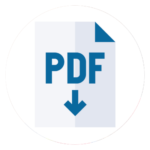
New Zealand Comparability Determination by FDA
Report on the Comparability Determination of the Food Safety Component of the New Zealand’s Ministry for Primary Industries.
Source: FDA

New Zealand’s Global Role with Codex Alimentarius
New Zealand is a founding member of Codex and chairs two important Codex committees on Milk Products (CCMMP) and Meat Hygiene (CCMH).
Source: FAO
